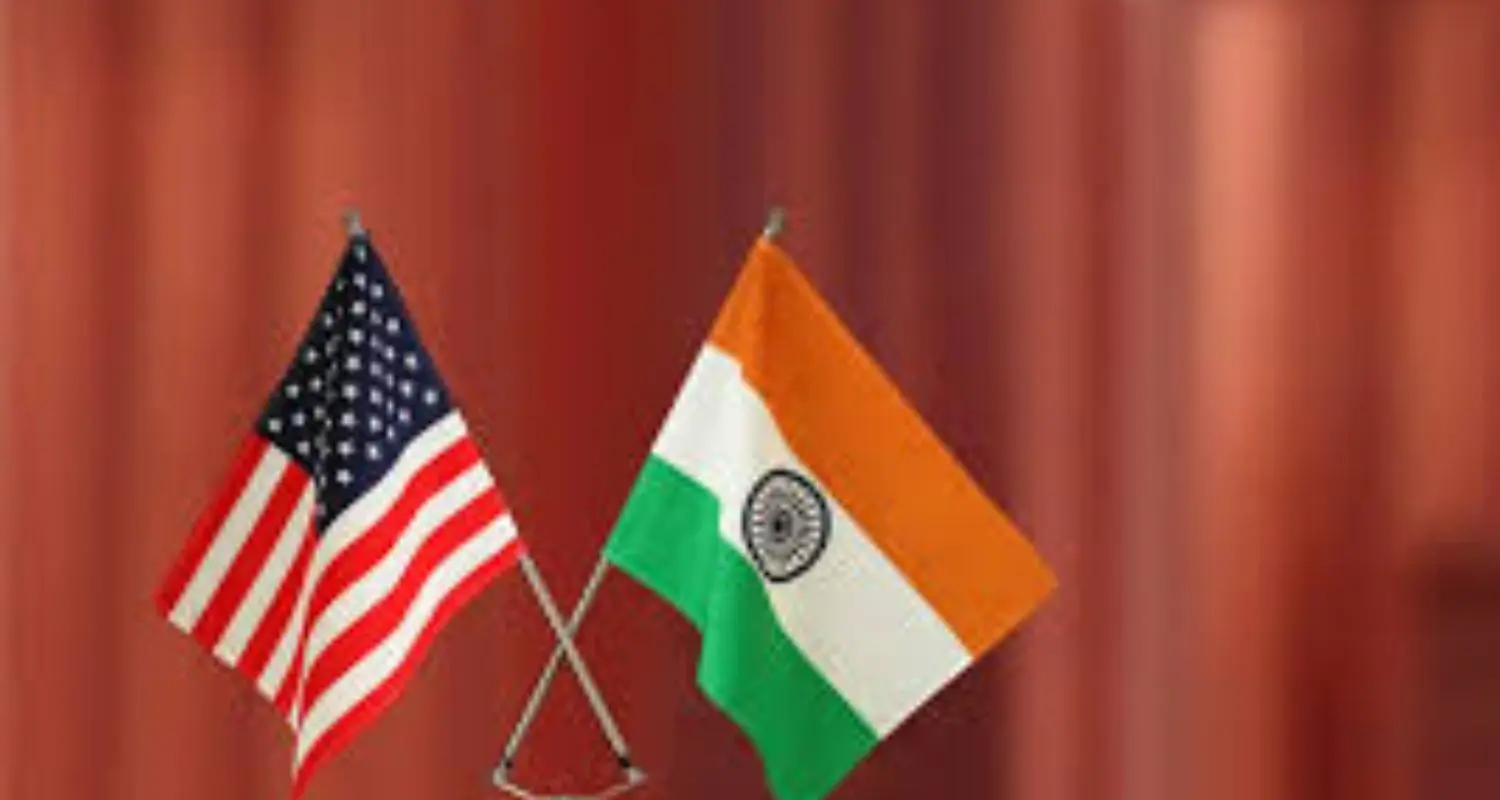India-US Trade: Concerns Arise Over New Vietnam Agreement, Says GTRI

A new trade agreement between the United States and Vietnam is poised to significantly impact Asian export markets, prompting Indian exporters to exercise caution. Announced by President Donald Trump, the deal introduces a flat 20% tariff on all Vietnamese exports to the U.S., potentially disrupting Vietnam’s robust $135 billion export economy. This agreement replaces the previous Bilateral Trade Agreement from 2000, which had allowed Vietnamese goods preferential access to the U.S. at much lower tariff rates. The implications of this deal extend beyond Vietnam, as Indian exporters are advised to learn from the strategic lessons it presents.
Details of the Trade Agreement
The newly established trade agreement replaces Vietnam’s 2000 Bilateral Trade Agreement (BTA), which had permitted Vietnamese goods to enter the U.S. market at tariff rates ranging from 2% to 10%. The introduction of a flat 20% tariff marks a significant shift that could reverse two decades of trade liberalization for Vietnam. Key sectors such as textiles, footwear, seafood, and furniture, which have been instrumental in driving Vietnam’s export growth from $800 million in 2001 to over $135 billion today, will now face increased costs. This change raises concerns about the competitiveness of Vietnamese products in the U.S. market, potentially leading to a decline in export volumes.
Additionally, the agreement imposes a punitive 40% tariff on goods that are routed through Vietnam but originally manufactured in countries like China. This measure aims to combat “transshipment,” a practice where goods are relabeled to evade tariffs. However, trade experts have expressed legal concerns regarding this provision, suggesting it may violate World Trade Organization (WTO) norms since the routing does not alter the goods’ origin.
Implications for Indian Exporters
The Global Trade Research Initiative (GTRI) has highlighted the implications of this trade deal for Indian exporters, who may view Vietnam as both a competitor and a partner in regional value chains. The GTRI report emphasizes the need for Indian negotiators to take heed of Vietnam’s experience, particularly regarding the risks associated with sudden changes in tariff concessions and unclear rules on product origin. The report suggests that the flat duty structure could undermine long-term trade stability, urging Indian exporters to adapt proactively to the evolving trade landscape.
As India is currently in the final stages of its own trade negotiations with the U.S., the timing of this agreement is critical. Indian policymakers and exporters are encouraged to closely monitor developments and adjust their strategies accordingly. The lessons learned from Vietnam’s situation could help India navigate potential pitfalls in its trade trajectory.
Reactions and Future Considerations
President Trump announced the trade deal on his Truth Social platform, asserting that Vietnam would provide the U.S. with “total access to their Markets for Trade.” While this statement reflects a significant shift in trade dynamics, the Vietnamese government has yet to disclose the final terms of the agreement, despite confirming a resolution on reciprocal tariffs. The lack of clarity raises questions about the long-term implications for both countries.
Peter Navarro, Trump’s trade advisor, previously accused Vietnam of being a “colony of China,” claiming that a substantial portion of its exports consists of Chinese goods relabeled to avoid tariffs. This accusation underscores the complexities of international trade relationships and the challenges faced by countries navigating these agreements.
As Washington continues to reshape its trade strategy in Asia, the GTRI concludes that understanding the vulnerabilities exposed by the Vietnam deal could be instrumental for India. By learning from Vietnam’s experience, Indian exporters can better position themselves in the global market and mitigate risks associated with sudden policy changes.
Observer Voice is the one stop site for National, International news, Sports, Editor’s Choice, Art/culture contents, Quotes and much more. We also cover historical contents. Historical contents includes World History, Indian History, and what happened today. The website also covers Entertainment across the India and World.

